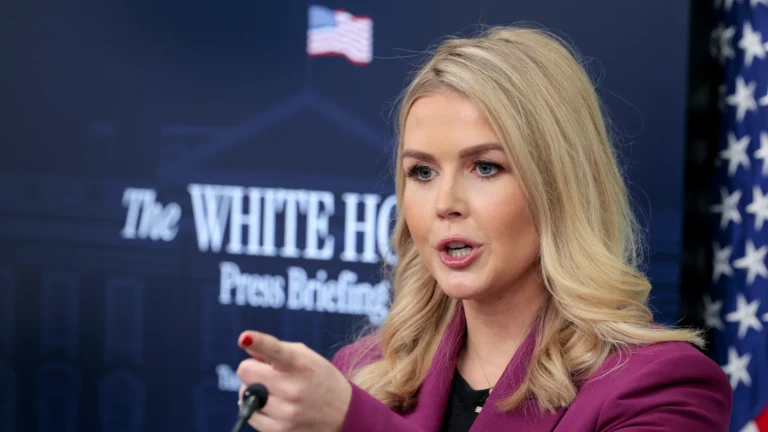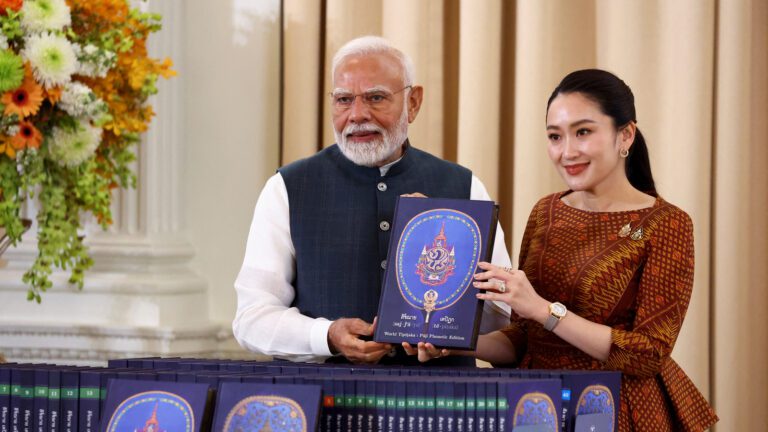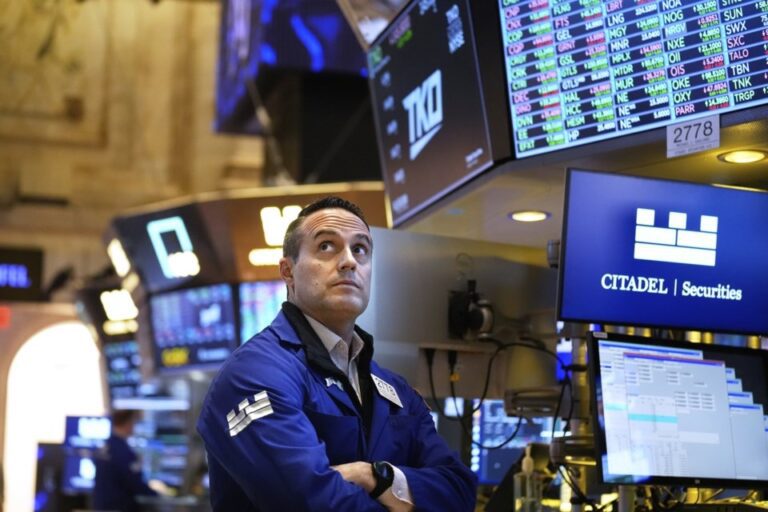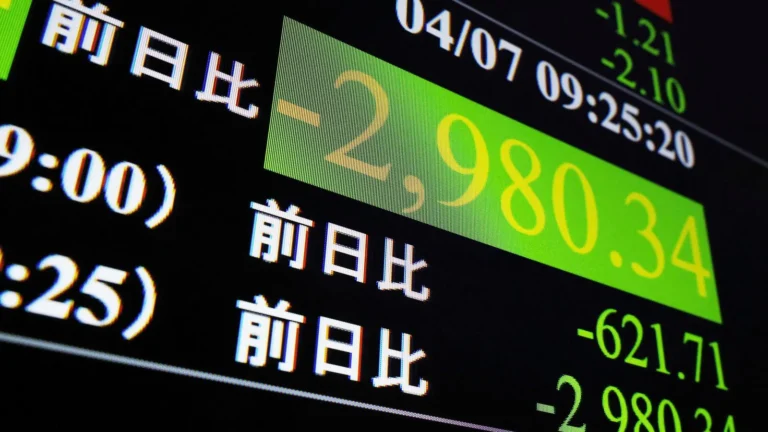Trump Slams Trade Deficit: ‘Not Losing a Trillion Dollars Just to Buy Pencils from China’
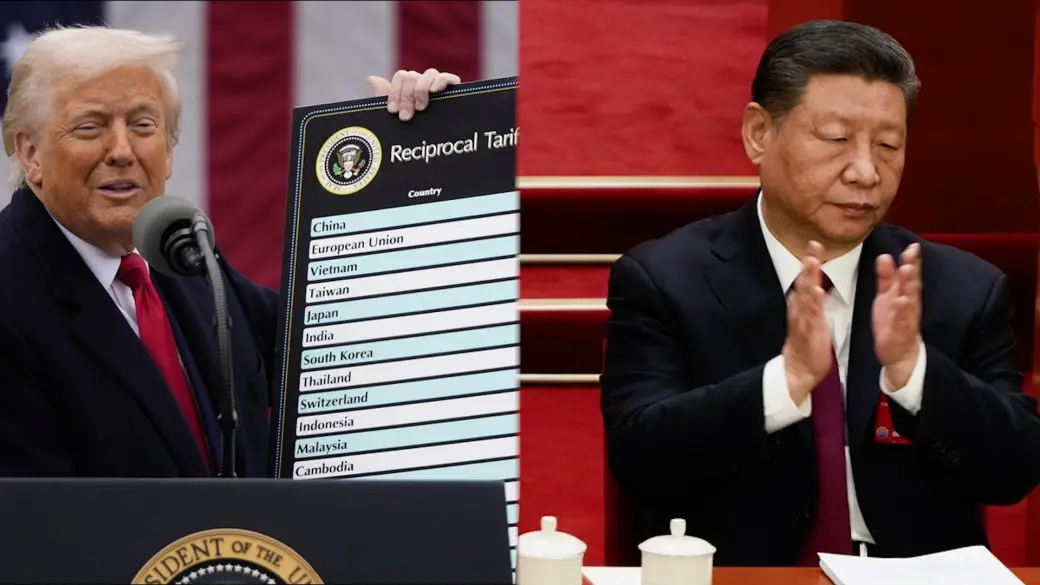
April 8, 2025
Former President Donald Trump is once again making headlines with a fiery comment aimed at America’s long-standing trade deficit with China. At a rally in Pennsylvania over the weekend, Trump declared: “We’re not going to lose a trillion dollars for the privilege of buying pencils from China.”
The remark, met with applause from the crowd, was part of a larger speech criticizing what Trump called “one-sided trade deals” and the United States’ dependence on cheap Chinese imports, even for basic goods.
“We used to make things in this country. Now we import pencils, screws, and steel—and we lose money doing it,” Trump said. “That ends when I’m back in the White House.”
The Message Behind the Metaphor
While referencing pencils might sound trivial, the underlying message was clear: Trump believes the U.S. is sacrificing economic independence and domestic jobs in exchange for minor conveniences and cheaper goods.
Trump emphasized that America’s trade deficit with China has exceeded $1 trillion cumulatively in recent decades, money he claims should have been invested in American factories and workers.
His renewed trade rhetoric signals a return to his “America First” policies, this time with even more aggressive stances, including:
- 104% proposed tariffs on Chinese electric vehicles
- Reviving domestic manufacturing mandates
- Reducing dependence on Chinese technology and supply chains
China Reacts
Chinese state media dismissed Trump’s comments as “economic populism,” while officials warned that aggressive protectionism could lead to “serious disruptions in global trade and economic stability.”
“The United States has benefited enormously from global trade,” said Li Xuejian, a Chinese trade analyst. “Implying that buying pencils is why the U.S. runs a deficit oversimplifies a complex economic relationship.”
Economic and Political Ramifications
Economists remain divided. Some agree that the U.S. must strengthen its domestic manufacturing base, especially in key sectors like semiconductors, steel, and pharmaceuticals. Others warn that pulling away from China too quickly could lead to inflation and supply shortages.
“It’s easy to demonize pencils from China, but the reality is that supply chains are deeply intertwined,” said Dr. Maria Delgado, a trade policy expert. “Tariffs sound tough, but the cost often trickles down to American consumers.”
The comments are also being viewed as part of Trump’s larger campaign strategy to appeal to blue-collar voters in manufacturing-heavy states like Ohio, Michigan, and Pennsylvania.
What’s Next for U.S.-China Trade?
With Trump leading in several Republican primary polls and making trade a central issue once again, observers are watching closely for:
- Biden administration’s response or counter-policy proposals
- Potential escalation in tariffs or trade restrictions
- Global market reactions to further decoupling between the U.S. and China
Conclusion
Trump’s bold statement about losing “a trillion dollars for the privilege of buying pencils” taps into deep-rooted economic frustrations across America. While the metaphor may be simple, the implications are serious—signaling a continued, possibly intensified trade standoff with China if he returns to office. As both sides dig in, the world braces for what could be another turbulent chapter in U.S.-China economic relations.

